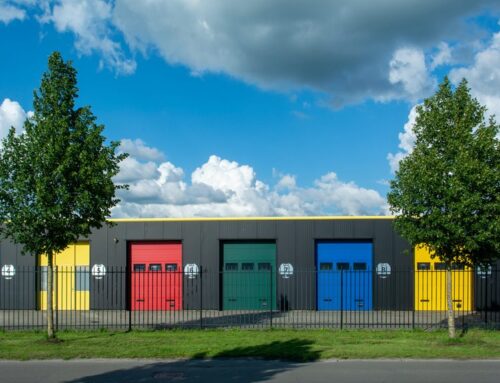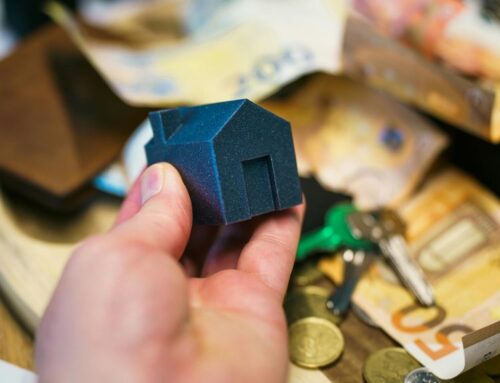Cash buyers evaluate property value, when it comes to buying real estate, cash buyers operate differently from traditional buyers who rely on mortgages. The process of evaluating property value is more straightforward but also more stringent. Cash buyers often look for properties they can purchase quickly and with fewer contingencies. Understanding how cash buyers assess property value is essential for sellers looking to appeal to this market.
1. Location, Location, Location
Location remains a key factor in how cash buyers evaluate property value. They assess:
- Neighborhood quality: Proximity to schools, amenities, parks, and local attractions.
- Market trends: Whether property values are rising or declining in the area.
- Safety: Crime rates and overall community safety impact the property’s attractiveness.
For cash buyers, a property in a high-demand area, even if in need of repair, may hold significant value because they know they can easily sell or rent it out later.
2. Condition of the Property
The condition of the property is another major consideration. Cash buyers typically assess:
- Structural integrity: Foundation, roof, and overall building stability.
- Necessary repairs: How much work and expense are required to bring the property to marketable condition.
- Cosmetic updates: Superficial issues like outdated kitchens or bathrooms, which may be easy to fix but still affect the perceived value.
Properties that need extensive repairs can still attract cash buyers, but the expected repair costs will directly reduce the offer price.
3. Comparative Market Analysis (CMA)
Cash buyers use a Comparative Market Analysis (CMA) to determine the fair market value of a property. They compare:
- Recently sold homes: Similar properties in the area that have recently sold, adjusting for size, condition, and location.
- Current listings: Active listings give cash buyers an idea of their competition and price trends in the local market.
This allows cash buyers to see how the property they are considering compares in value to others nearby.
4. Profit Potential
Cash buyers, especially investors, are motivated by the potential return on investment (ROI). They evaluate:
- Rental income potential: For properties intended for rental, buyers estimate monthly rental income versus purchase and renovation costs.
- Resale value: For flips or resales, they consider how much the property can sell for after repairs.
In both cases, the goal is to ensure that the investment yields a profit, either through rental income or a profitable sale.
5. Speed and Flexibility
Cash buyers often prioritize properties they can close on quickly. They assess:
- Clear title: Properties with no liens or legal disputes are more attractive.
- Seller readiness: A motivated seller who is ready to close quickly is a big plus.
- Occupancy status: Whether the property is vacant or occupied can influence their decision, as an occupied home may delay closing or create complications.
6. Price Discounts for Cash
Since cash buyers eliminate the need for financing, which shortens the closing process and reduces risks, they typically expect to negotiate a lower price. They may offer 5-10% below market value, especially if the property needs repairs or a quick sale is essential for the seller.
Conclusion
Cash buyers assess property value with a mix of practical and financial considerations. They prioritize location, condition, and profit potential, using comparative market data and factoring in the speed and flexibility of the transaction. Sellers hoping to attract cash buyers should ensure their property is priced competitively and highlight its strengths, particularly if a quick, hassle-free sale is desired.
Wondering how cash buyers determine property value? Understanding the evaluation process can empower you as a seller. At Cash4Houses, we offer fair cash offers based on transparent assessments. Get your cash offer today and see how much your property is worth with no obligation!
FAQs
1. Why do cash buyers offer lower prices?
Cash buyers often offer lower prices because they provide benefits such as faster closing times, no financing contingencies, and fewer risks for the seller. This gives them leverage to negotiate a discount.
2. How fast can a cash buyer close on a property?
A cash transaction can typically close in as little as 7-14 days, compared to 30-45 days for a mortgage-financed purchase.
3. Do cash buyers inspect the property before purchasing?
Yes, most cash buyers still conduct inspections to understand the property’s condition and any necessary repairs, but they may waive contingencies if they are experienced or if the property is priced accordingly.
4. What types of properties are most attractive to cash buyers?
Cash buyers often look for distressed properties, homes in need of repair, or investment properties with high rental or resale potential.
5. Can a seller counter a cash offer?
Yes, sellers can negotiate with cash buyers just as they would with any other buyer, but the final price often reflects the value of a quick, certain sale.











